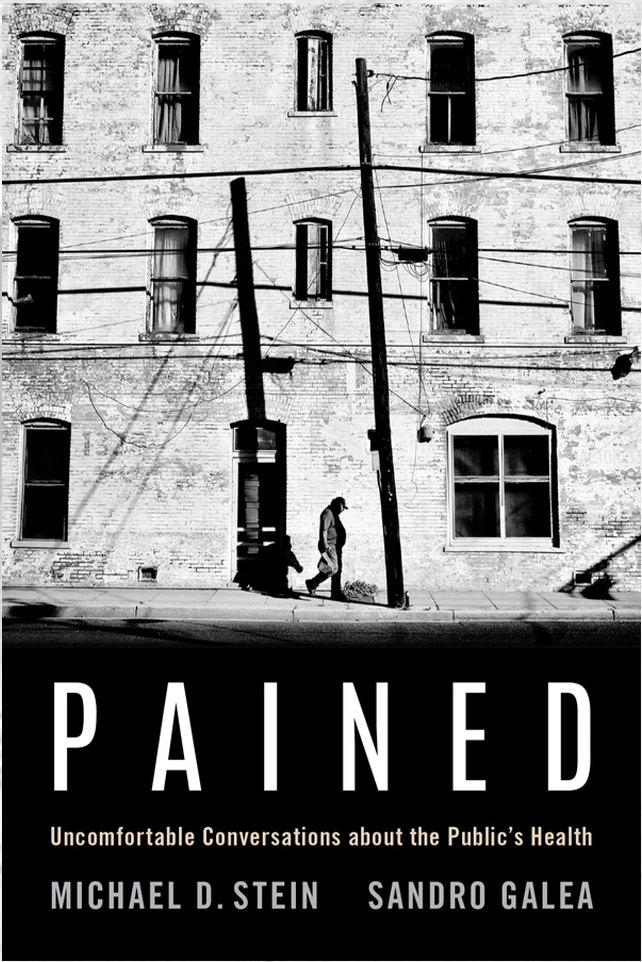Public Health Post: Writing Outside the Comfort Zone.

Writing Outside the Comfort Zone
Public Health Post brings engaging writing to the public health sphere, often on uncomfortable topics, providing insight to millions around the globe.
Public Health Post (PHP) leads the public health conversation locally, nationally, and globally. Every day, readers in 214 countries and all 50 states consume new articles about the state of population health. Every year, more than 8 million social media users engage with PHP about the public health landscape, as do thousands of subscribers to weekly newsletters and visitors to its anchor site at publichealthpost.org.
“Our job is to be orchestrators of attention,” says Michael Stein, PHP executive editor and chair of the Department of Health Law, Policy & Management. “From the start, we have been able to move ideas and evidence about public health to the front of readers’ minds. Our goal is to contribute to the policies that should aim to improve health for all.”
Writers from industry, academia, journalism, and government—and select Boston University graduate student PHP fellows—spotlight novel intersections in public health including firearm safety and campaign finance, diet and climate, and redlining and self-rated health.
“Public health is inherently an ongoing conversation,” says 2020 PHP fellow Tasha McAbee. “Even when public health is working well, it never means we can stop talking about it.”
Through yearlong writing apprenticeships, PHP has trained five cohorts of fellows to be the next generation of public health writers, with each writing about the next decade of public health. After completing their fellowships, they continue this work in biotech, communications agencies, hospitals, universities, and other nonprofit organizations across the country.
“Our fellows are passionate about language and communicating complex public health evidence in clear and engaging prose,” says Jennifer Beard, PHP associate editor and clinical associate professor in the Department of Global Health. “Each fellow publishes approximately 40 articles during their time with PHP.

“We give them a steep challenge and then mentor them to the summit. Getting to work so closely with them is a true delight.”
Marking five years of PHP, Stein and Dean Sandro Galea released Pained: Uncomfortable Conversations about the Public’s Health, a book that evolved from a series of perspective pieces and databytes published in PHP as The Public’s Health. “Pained offers readers 50 discussions of the most salient topics in public health, addressing the range of paradoxes and trade-offs in our health decisions in this era of complex choices,” Stein explains.
A multimedia extension of Pained, PHP produced PHPod, a podcast series featuring conversations with public health influencers who discuss topics that may be familiar and sometimes uncomfortable. The series covers issues of our time such as opioids, HIV, white supremacy, and abortion.